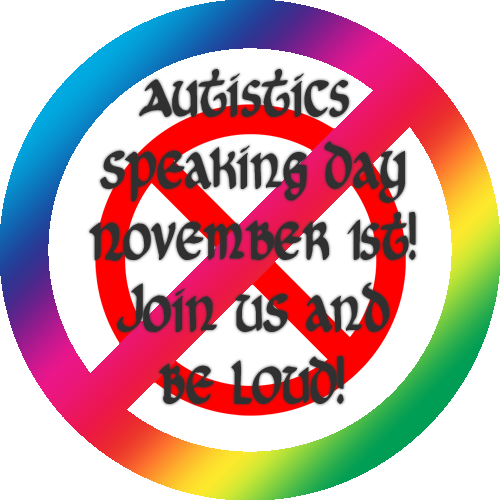But for now, I'm trying to be calm and happy. I have an exam tomorrow that I am trying my best to study for.
I love this tumblr site and it was recently updated! It is called "Little West Wing Things" and it is for fans of the amazing show The West Wing and basically posts little quotations or concepts from the show that make me (and other West Wing lovers) happy.

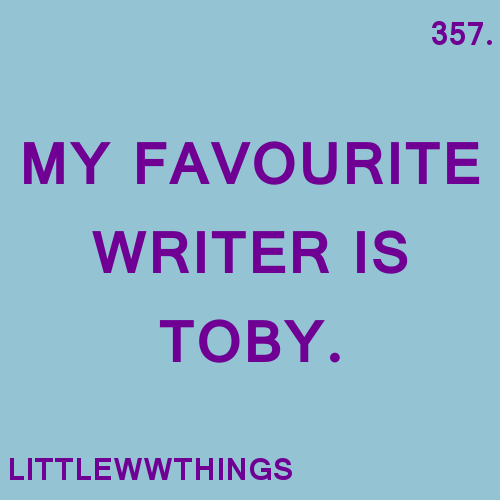
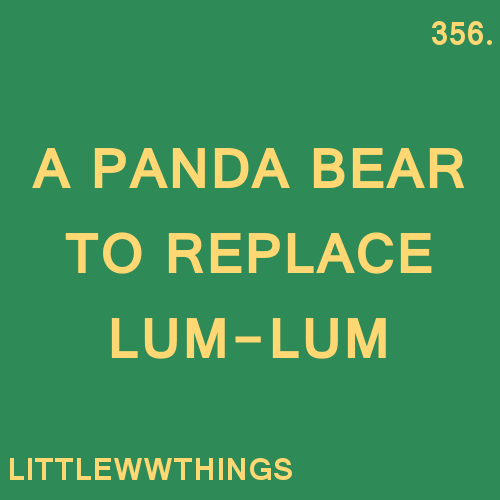
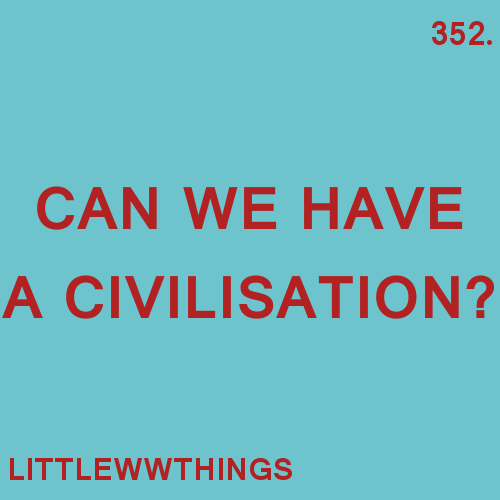
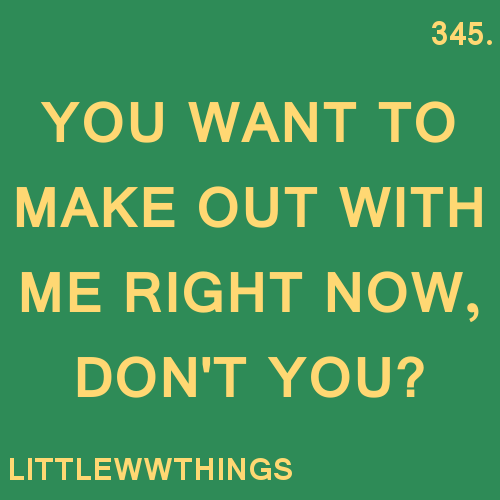
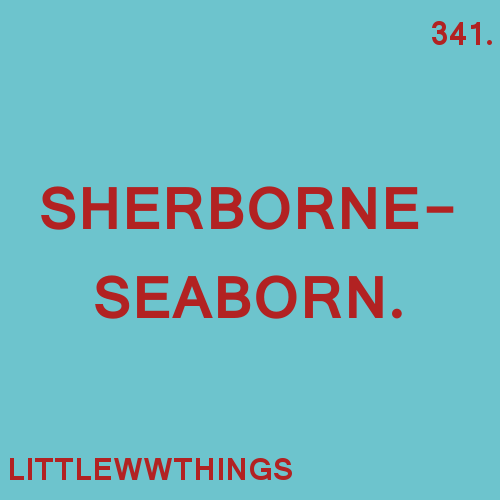
Those were some recent additions to the site that made me smile.
If you're a West Wing fan, you'll probably like this tumblr.
If you're not a West Wing fan, you probably should be. The show celebrates smart individuals and smart dialogue. The show tackles complicated and multi-faceted issues. I love it. When I'm having a bad day, The West Wing is often my solace, and since I can't spare 44 minutes to watch an episode tonight, this tumblr is giving me a good few minutes of joy.
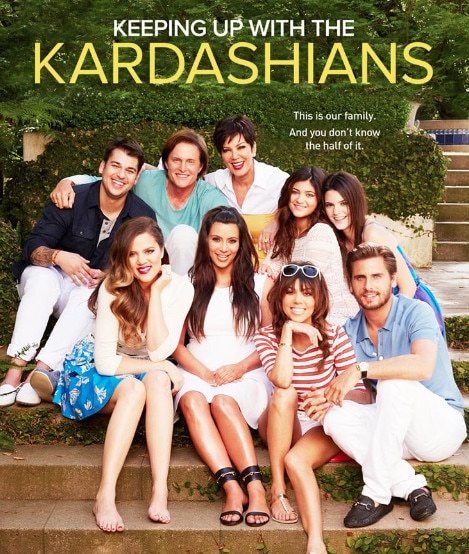





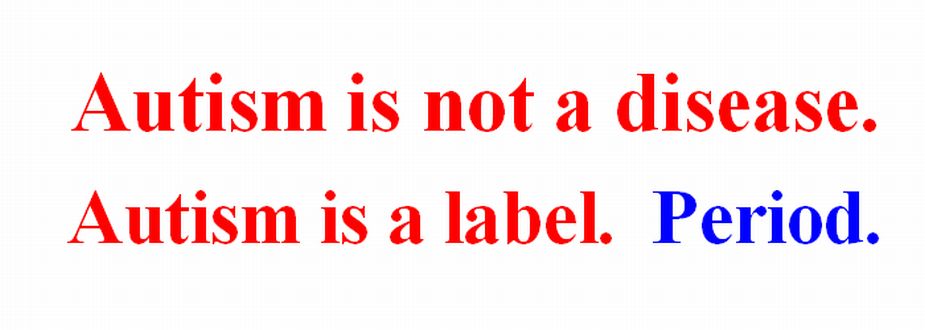
.png)
